The age-old debate between PlayStation and Xbox has been a cornerstone of video game culture for years, sparking countless discussions across platforms like Reddit and TikTok, and fueling heated debates among friends. While PC gaming and Nintendo fans hold strong convictions, the rivalry between Sony and Microsoft has shaped much of the last two decades of gaming. But has the so-called 'console war' finally reached its conclusion? The video game landscape has transformed dramatically, driven by the rise of handheld gaming and the tech-savviness of younger generations. The battle lines have shifted, and the question remains: Has a clear winner emerged? The answer might surprise you.
The video game industry has skyrocketed into a financial powerhouse, with global revenues soaring from $285 billion in 2019 to $475 billion in 2023. This figure eclipses the combined earnings of the global movie and music industries, which totaled $308 billion and $28.6 billion, respectively, in the same year. Projections indicate that by 2029, the gaming sector will generate nearly $700 billion. Such growth underscores the industry's evolution from its humble beginnings with games like Pong.
This lucrative trajectory has attracted Hollywood stars such as Mads Mikkelsen, Keanu Reeves, Jon Bernthal, and Willem Dafoe to video game roles in recent years. Their participation highlights the shifting perception of gaming as a mainstream entertainment medium. Even giants like Disney are making significant strides, investing $1.5 billion in Epic Games as part of CEO Bob Iger's strategy to bolster the company's gaming presence. However, not all ships are rising with the tide, particularly Microsoft's Xbox division.
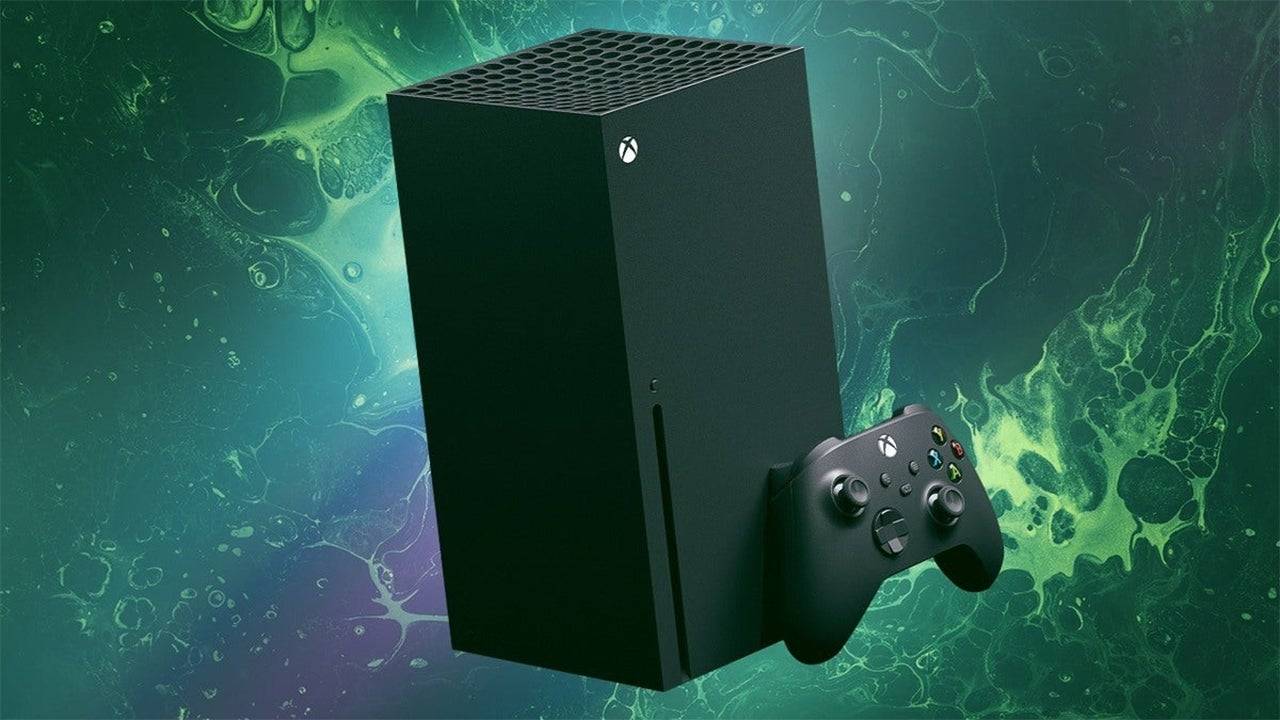
The Xbox Series X and S were designed to surpass their predecessor, the Xbox One, in every aspect. Yet, the newer models have struggled to captivate consumers, with the Xbox One outselling the Series X/S by nearly double. Mat Piscatella from Circana suggests that the current console generation may have already peaked in sales, casting a shadow over Xbox's future. In 2024, the Xbox Series X/S sold fewer than 2.5 million units throughout the year, while the PlayStation 5 achieved the same sales figure in just the first quarter. Moreover, rumors of Xbox potentially closing its physical game distribution department and exiting the EMEA market add to the sense of retreat.
Microsoft has essentially conceded the console war. During the Activision-Blizzard acquisition, Microsoft acknowledged that it never saw itself as a contender in the console market. With the Xbox Series X/S failing to outpace the Xbox One and Microsoft openly admitting its struggles, the company is shifting its focus away from traditional console manufacturing.
Xbox Game Pass has emerged as a cornerstone of Microsoft's strategy. Leaked documents reveal the substantial costs Xbox is willing to incur to include major titles like Grand Theft Auto 5 and Star Wars Jedi: Survivor on the service. This move underscores Microsoft's pivot towards cloud gaming, a shift evident in its 'This Is An Xbox' campaign, which rebrands Xbox as an accessible service rather than just a console.
Rumors of an Xbox handheld device have circulated, supported by documents hinting at a next-gen 'hybrid cloud gaming platform.' Microsoft's broader strategy also includes plans for a mobile game store to rival Apple and Google, with Xbox chief Phil Spencer acknowledging the influence of mobile gaming on the company's direction. The goal is clear: Xbox wants to be a brand you can play anytime, anywhere.

Microsoft's shift is driven by the explosive growth of mobile gaming. In 2024, of the 3.3 billion global gamers, 1.93 billion play on mobile devices, spanning casual games like Candy Crush Saga to more complex titles. Mobile gaming now dominates the market, contributing $92.5 billion to the industry's $184.3 billion total valuation, while console gaming accounts for just $50.3 billion. The rise of mobile gaming, particularly among Gen Z and Gen Alpha, is reshaping the industry.
Mobile gaming's dominance isn't new. By 2013, it had already outpaced traditional gaming in Asia, with South Korea and China leading the charge. In that year, mobile games like Puzzle & Dragons and Candy Crush Saga outperformed GTA 5 in revenue. Over the 2010s, mobile titles like Crossfire, Monster Strike, Honor of Kings, Puzzle & Dragons, and Clash of Clans were among the highest-grossing games, yet they often go unnoticed compared to console hits.
Beyond mobile, PC gaming is also drawing players away from consoles. Since 2014, the number of PC gamers has grown by 59 million annually, reaching 1.86 billion by 2024. This growth, spurred by the technological literacy of younger generations and the rise of streaming during the COVID-19 pandemic, has yet to close the gap with console gaming, which remains $9 billion ahead in market value.

In contrast, Sony's PlayStation 5 is thriving, with 65 million units sold to date, dwarfing the 29.7 million combined sales of the Xbox Series X/S. Sony's Game and Network Services reported a 12.3% profit increase, driven by strong sales of first-party titles like Astro Bot and Ghost of Tsushima Director’s Cut. Projections suggest that by 2029, Sony could sell 106.9 million PS5s, while Microsoft anticipates selling only 56-59 million Xbox Series X/S units by 2027. Sony's lead seems insurmountable, especially with Xbox titles potentially coming to PlayStation and other platforms.
However, the PS5's success is tempered by its reliance on older PS4 games. Only 15 true PS5-exclusive titles exist, and many gamers still play on PS4s. The PS5's $500 price tag and the $700 PS5 Pro's lukewarm reception, due to its early release and focus on upscaled remasters, suggest it's not yet a must-buy. The upcoming release of Grand Theft Auto 6 may change this narrative, showcasing the PS5's full potential.
So, is the console war over? Microsoft seems to have conceded defeat, while Sony's success is undeniable but not without challenges. The real victor appears to be those who have opted out of the console battle entirely. Mobile gaming's influence is set to grow, with companies like Tencent eyeing acquisitions and Take-Two Interactive noting the massive reach of its mobile subsidiary Zynga. The future of gaming will likely be defined by cloud gaming capabilities rather than hardware supremacy. The console war may be over, but the mobile gaming war is just beginning.

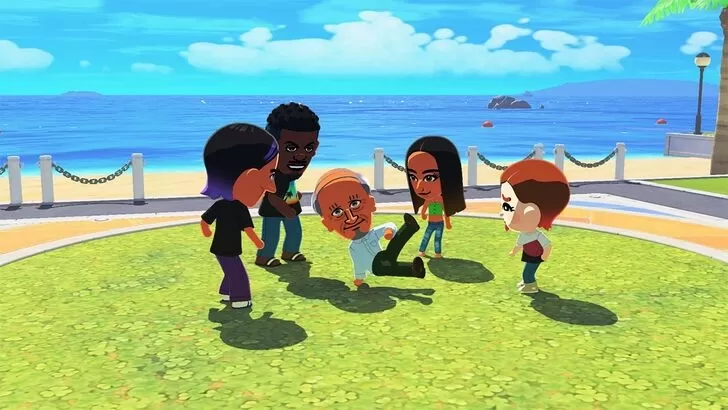
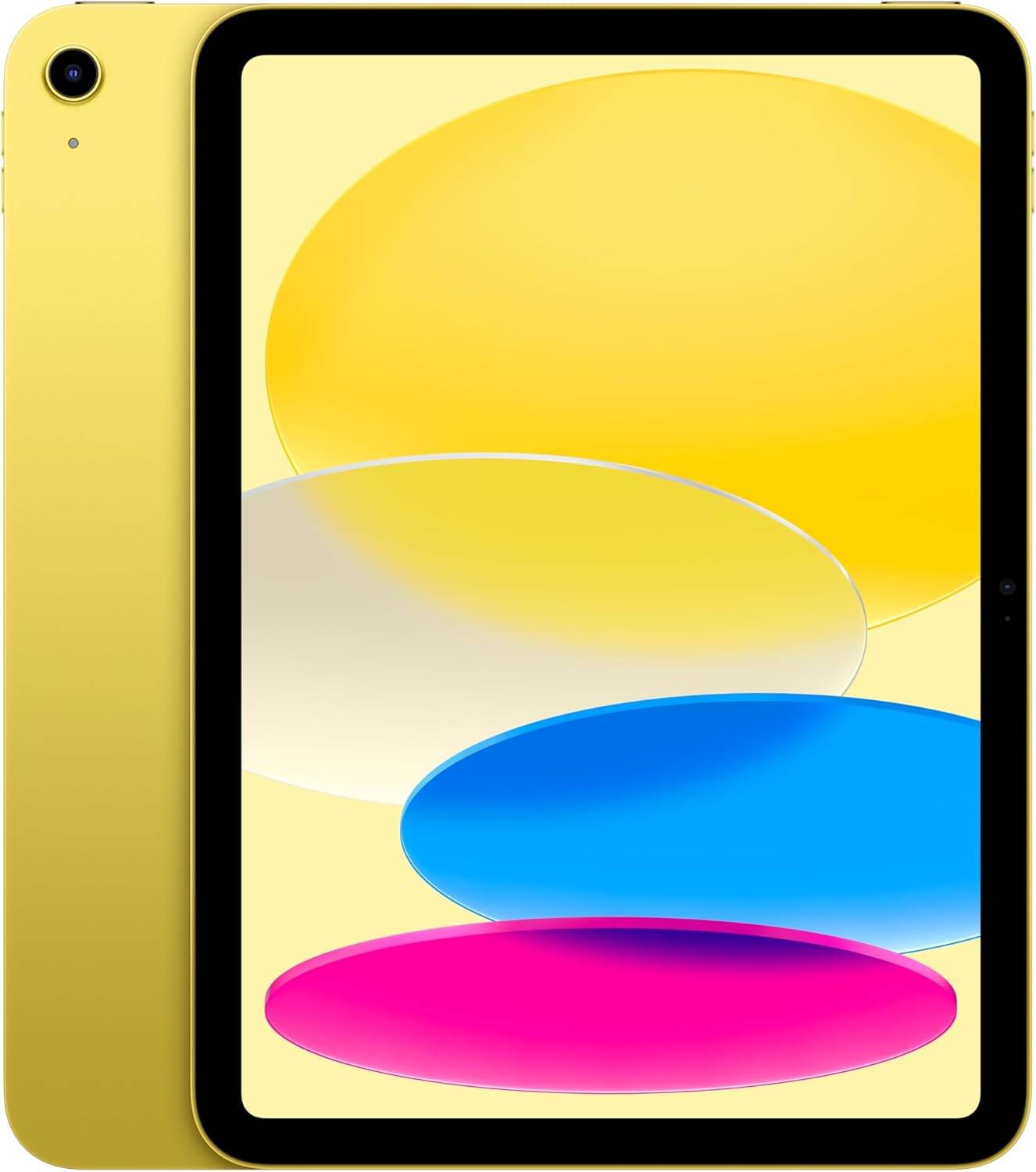
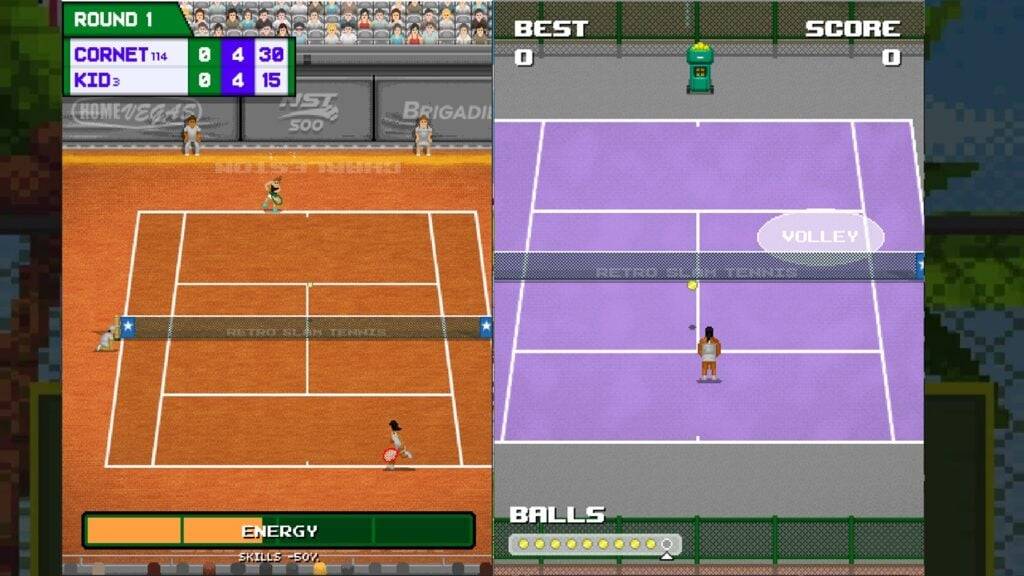
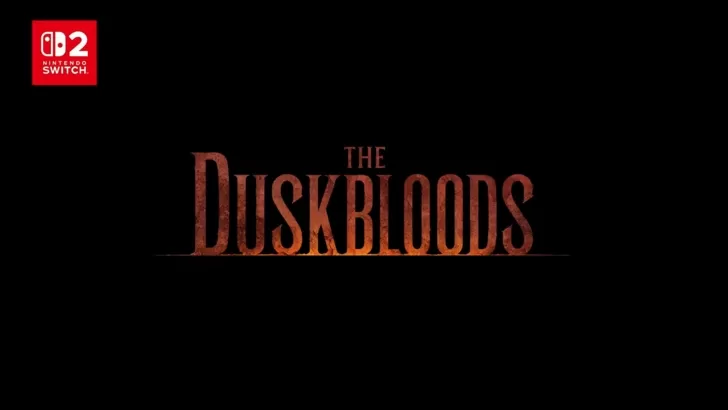





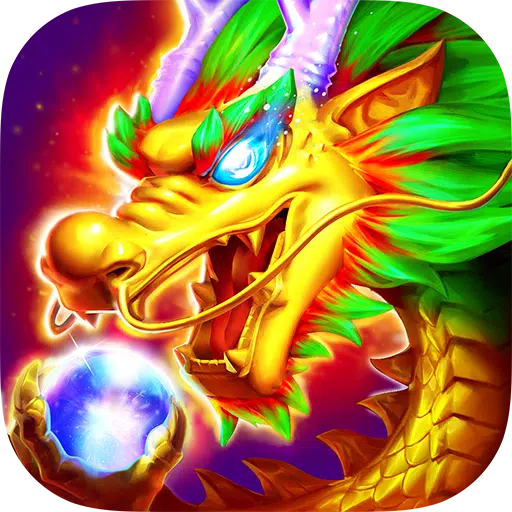













![City Devil: Restart [v0.2]](https://img.icssh.com/uploads/38/1719554737667e52b102f12.jpg)




